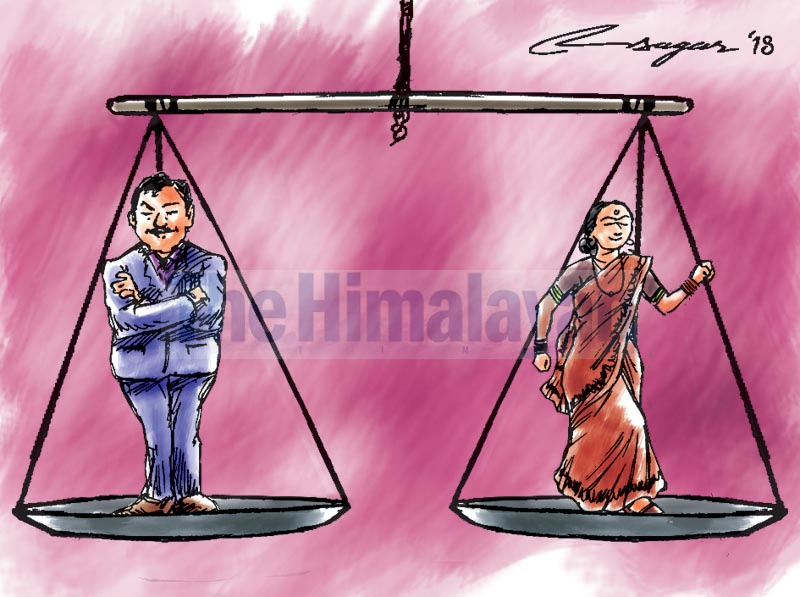Gender-equal future
Kathmandu: Glimmers of progress to end violence, to call out bias and discrimination, to ensure bodily autonomy and integrity, to secure equality remind the world that the path to gender-equal future need not be long, according to the United Nations Population Fund.
“Women are demanding that we prioritise their rights and choices. It is urgent we do so,” said UNFPA Executive Director Natalia Kanem issuing a statement on the occasion of International Women’s Day.
“Think for a moment about the conditions – poverty, denial of information, unequal power relation and lack of access to resources – that conspire to prevent millions of women from exercising their fundamental rights and making choices over their bodies and futures,” she added in a press release circulated by UNFPA, Nepal on Friday. UNFPA has been working with partners, including young activists and change-makers, to dismantle barriers standing between women and girls and their rights and choices. “To achieve a gender-equal world, all women and girls must be empowered to realise their sexual and reproductive health and rights,” Dr Kanem said.
UNFPA aims to achieve three zeros by 2030: zero unmet need for family planning, zero preventable maternal deaths and zero gender-based violence and harmful practices.
Achieving these will require decision-makers to put their political and financial might behind fulfilling promises made at the landmark International Conference on Population and Development, 25 years ago, the UNFPA chief said.
In 1994, 179 governments, agreed dignity and rights of individuals, including reproductive rights, were the cornerstones of global development.
Further commitments to realise the three zeros were made last November at the Nairobi Summit on ICPD25.






